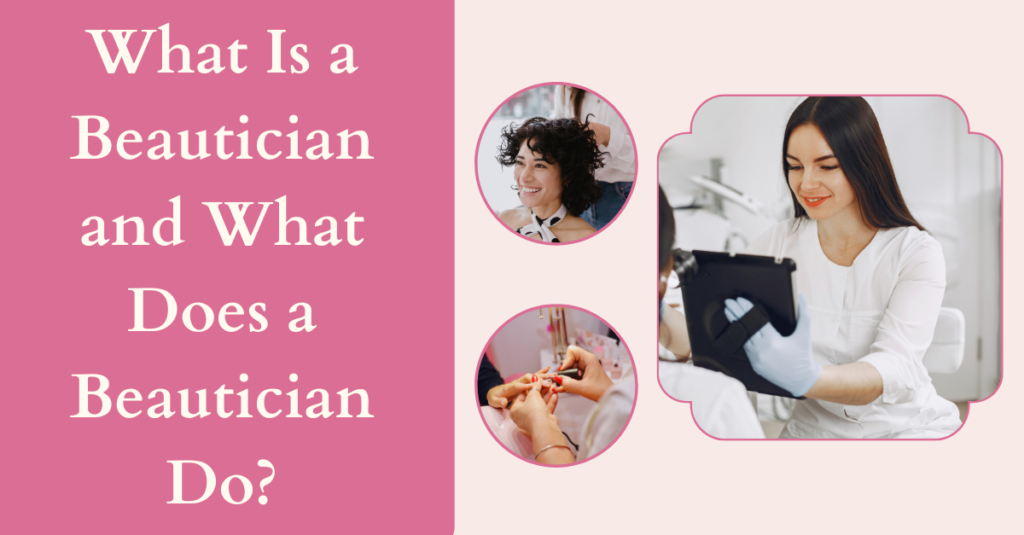What Is a Beautician and What Does a Beautician Do?
Introduction
In a world where beauty is celebrated and self-care has become a fundamental aspect of our lives, the role of a beautician takes center stage. These skilled professionals are the unsung heroes behind the transformations that enhance our natural beauty, boost our self-confidence, and help us put our best foot forward. They are not just experts in hair, skin, and nails but also trusted advisors, dedicated to helping individuals look and feel their best. In this comprehensive article, we will delve deep into the world of beauticians, exploring who they are, the scope of their work, the education and training required, and the diverse range of services they offer. So, join us as we uncover the secrets of these beauty artisans.
Understanding the Role of a Beautician

A beautician, also known as a beauty therapist or cosmetologist, is a professional who specializes in providing a wide array of services related to personal care, grooming, and the enhancement of one’s appearance. Their expertise spans multiple domains, including haircare, skincare, nailcare, and even body treatments. Beauticians typically work in salons, spas, wellness centers, or even as freelancers offering mobile services.
Their role is multifaceted, and it goes far beyond making people look good. It’s about making them feel good too. Beauticians have a profound understanding of the significance of self-confidence and self-esteem, and they take pride in their ability to boost these aspects through their services.
The Significance of Beauticians in the Beauty Industry
The beauty industry is a vast and ever-evolving field, encompassing various sectors such as haircare, skincare, makeup, and nailcare. Beauticians hold a pivotal position within this industry as the professionals who provide specialized services to clients seeking to enhance their appearance and overall well-being.
In an industry where trends change as rapidly as the seasons, beauticians are the linchpins that ensure clients stay updated with the latest fashions, be it the trendiest haircuts, the freshest skincare treatments, or the most stunning nail art. Yet, their role transcends mere trendsetting. They are also advisors, helping clients navigate the sea of choices when it comes to services and products, offering insights and solutions tailored to individual needs.
Education and Training
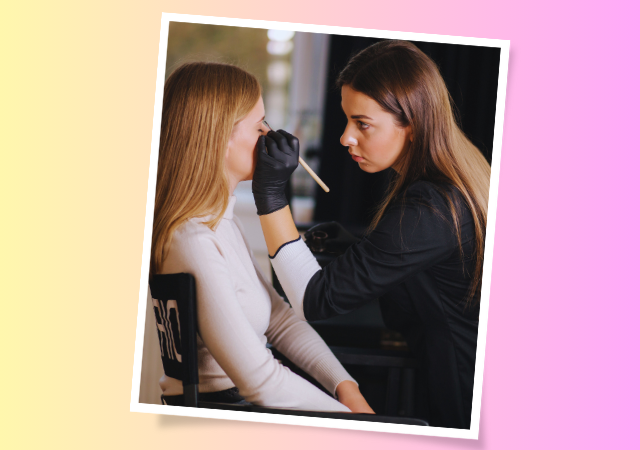
To embark on a career as a beautician, one must first undergo thorough education and training. Typically, this involves enrolling in accredited cosmetology or beauty schools, where aspiring beauticians learn the fundamental principles of beauty and wellness.
Educational requirements may vary depending on the region, but most beauticians complete a program that covers a wide range of subjects. These programs often encompass hair cutting and styling, skin analysis and care, nail care, makeup application, and sometimes even massage techniques. Practical experience is integral to their education, with students honing their skills on mannequins or live models.
Following the completion of their education, beauticians typically need to obtain a state license or certification. This typically involves passing written and practical exams to demonstrate their proficiency and adherence to safety standards. The learning doesn’t stop there; many beauticians engage in ongoing education and professional development to stay current with the latest trends and techniques in the field.
Beautician’s Duties and Responsibilities
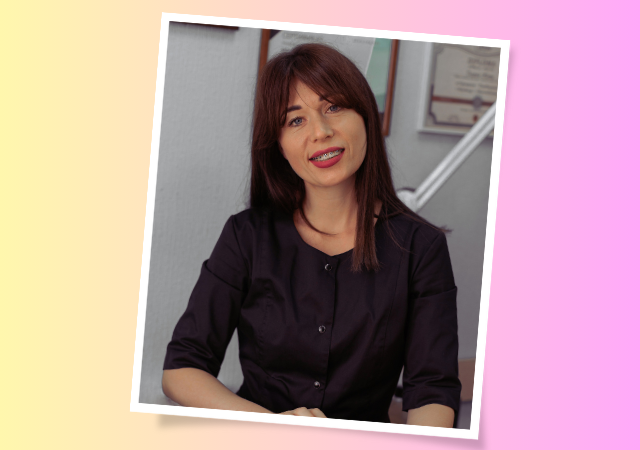
Beauticians offer a broad spectrum of services, making them versatile professionals within the beauty industry. Their duties and responsibilities can be categorized into several core areas:
1. Haircare Services:
- Haircuts and Styling: Beauticians cut and style hair to complement clients’ preferences and facial features. This encompasses everything from classic cuts to avant-garde styles.
- Hair Coloring and Treatments: They are skilled in hair coloring, highlighting, and applying various hair treatments to enhance texture and health.
- Hair Extensions and Weaves: Beauticians can attach hair extensions or weaves to add length or volume to clients’ hair.
2. Skincare Services:
- Facials and Skincare Treatments: Beauticians analyze clients’ skin conditions and offer tailored facials, masks, and treatments to address specific concerns, such as acne or aging.
- Waxing and Threading: For hair removal, they provide services such as waxing and threading for areas like eyebrows, upper lips, and the body.
- Makeup Application: Whether for everyday wear, special occasions, or photo shoots, beauticians excel in makeup application to enhance clients’ natural beauty.
3. Nailcare Services:
- Manicures and Pedicures: Beauticians provide manicure and pedicure services, encompassing nail shaping, cuticle care, and nail painting.
- Nail Extensions and Nail Art: For clients seeking longer or more artistic nails, beauticians can apply extensions and craft intricate nail art designs.
4. Other Services:
- Massages and Body Treatments: Some beauticians are proficient in massage techniques and offer body treatments designed to help clients relax and rejuvenate.
- Eyelash and Eyebrow Services: This includes services like eyelash extensions, tinting, and shaping to enhance the eyes.
Beautician Tools and Products
Beauticians work with a wide range of tools and products to perform their services. Common tools of their trade include scissors, combs, brushes, curling irons, flat irons, and specialized tools for manicures and pedicures. They also utilize various skincare products, makeup products, hair dyes, waxing materials, and nail polishes, depending on the services they provide.
Hygiene and safety are of utmost importance in the beauty industry. Beauticians must ensure that all tools and equipment are properly sanitized, and they must follow strict hygiene practices to prevent infections and adverse reactions. Many beauticians opt for disposable or single-use items to maintain cleanliness and safety.
The Beautician-Client Relationship

A critical aspect of a beautician’s role is establishing and maintaining strong relationships with clients. These relationships are built on trust, as clients often divulge personal preferences and concerns related to their appearance. Beauticians must exhibit excellent customer service skills, empathy, and active listening to understand and meet the unique needs of each client.
Clients also rely on beauticians for advice on skincare, haircare, and product recommendations. Being knowledgeable about various products and their suitability for different skin and hair types is vital. A beautician’s ability to educate clients on self-care practices significantly contributes to the overall client experience.
Furthermore, handling client preferences and feedback is crucial. Beauticians need to be adaptable and receptive to suggestions or concerns, ensuring that clients are satisfied with the results and that their expectations are met.
Working Environments
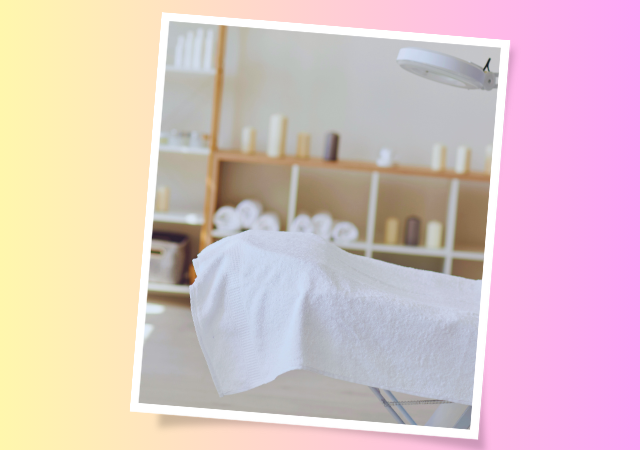
Beauticians can work in various environments, each offering its distinct advantages and challenges:
1. Salon and Spa Settings:
- Salons: Traditional salons are a common workplace for beauticians. They often work as part of a team, offering a wide range of services to a diverse clientele.
- Spas: Spas focus on relaxation and wellness. Beauticians in spa settings often provide services like facials, massages, and body treatments, aiming to create a soothing and rejuvenating experience for clients.
2. Freelancing and Mobile Services:
- Some beauticians opt for working independently as freelancers, either by renting salon space or providing services at clients’ homes. This offers flexibility but also requires self-promotion and business management skills.
3. Business Ownership and Management Roles:
- Experienced beauticians may choose to open their salons or spas, taking on business ownership and management responsibilities.
Each working environment offers unique advantages and challenges, and beauticians choose the setting that aligns with their career goals and lifestyle preferences.
Career Opportunities and Advancement
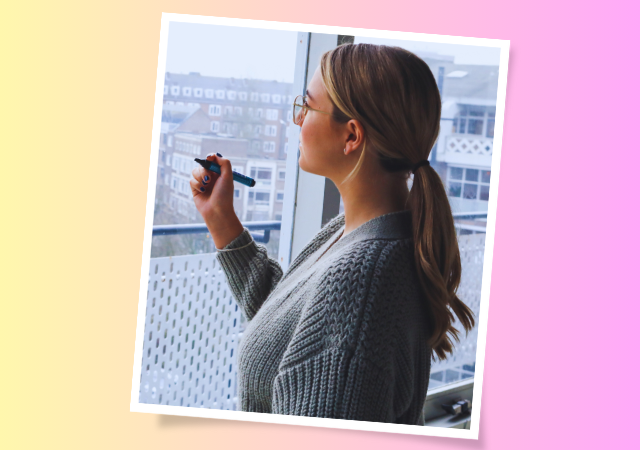
The beauty industry provides diverse career opportunities for beauticians. Entry-level positions typically include roles like junior hairstylist, makeup artist assistant, or nail technician. These positions often require several years of practical experience and further specialization to advance.
As beauticians gain experience and build a strong client base, they can explore avenues such as:
1. Specialization: Beauticians can specialize in a particular area, becoming experts in fields like bridal makeup, hair coloring, or skincare treatments.
2. Career Progression: Advancement may involve becoming a senior stylist, lead makeup artist, or spa manager.
3. Business Ownership: Some beauticians with an entrepreneurial spirit venture into business ownership, opening their salons or spas.
The earning potential for beauticians varies widely, depending on factors such as location, specialization, and the size and loyalty of their clientele. Many beauticians supplement their income with tips from satisfied clients.
Keeping Up with Industry Trends
In the beauty industry, staying updated with the latest trends and techniques is vital. Beauty trends are ever-evolving, influenced by fashion, culture, and technological advancements. Beauticians must invest in continuous learning and professional development to provide clients with the most current and innovative services.
Attending workshops, seminars, and industry conferences is common for beauticians looking to enhance their skills and stay competitive. Subscribing to industry publications and following beauty influencers on social media can also help them remain aware of emerging trends and consumer preferences.
Adapting to changes in the industry is not just about learning new techniques; it’s also about embracing sustainable and eco-friendly practices. Many clients now seek beauty services that align with their values, making it important for beauticians to offer products and services that cater to these preferences.
Conclusion
Beauticians, the unsung heroes of the beauty industry, empower individuals by enhancing their natural beauty and self-confidence. These skilled professionals offer a diverse range of services, from hair and skincare to nail care and body treatments. They build trust-based relationships with clients, offering personalized advice and recommendations. Beauticians adapt to various working environments, pursuing diverse career paths, from specialization to business ownership. To thrive in the ever-evolving beauty world, they prioritize continuous learning and stay attuned to the latest trends. Beauty trends change, but beauticians remain the constants, dedicated to helping us look and feel our best.

My name is Rohit Vagh and I’m a content writer specializing in fashion and lifestyle. I have three years of experience in this field and have written various articles. My writing style is creative and engaging, and I strive to create content that resonates with my readers. I have a deep passion for fashion and am constantly researching the latest trends and styles to make sure my readers are up to date. I’m excited to continue my career in blogging, and I’m always looking for new opportunities in the fashion and lifestyle space.

